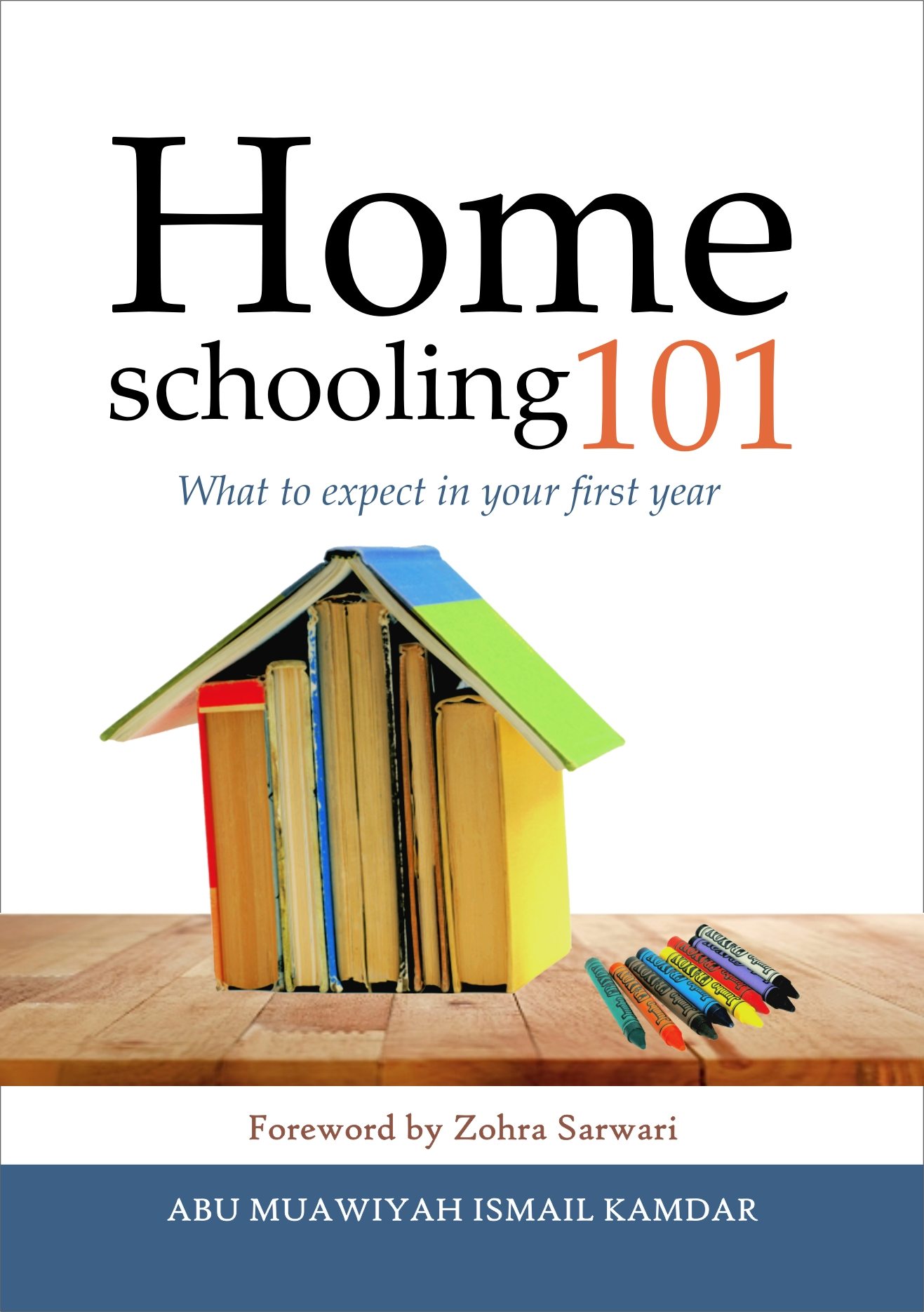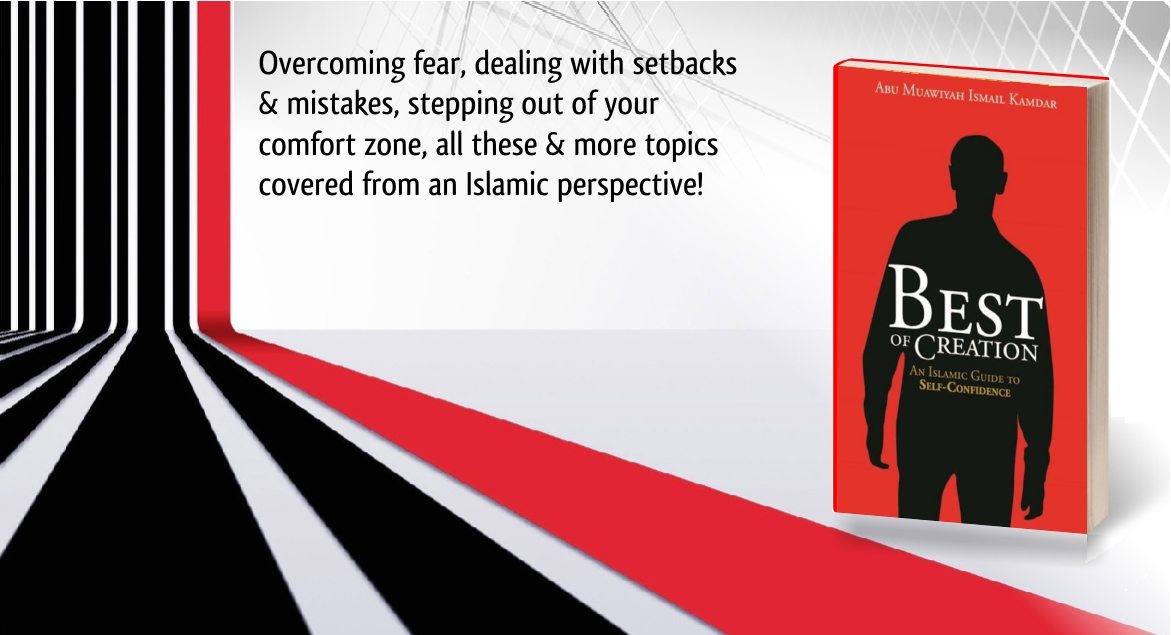What is an expert?
“An expert is an ordinary man away from home giving advice”
Oscar Wilde
The above statement was made in relation to fake experts, people who claim to be experts but if you were to actual inspect their home lives, you will find that they have no clue what they are talking about.
Why am I bringing up this topic? because there seems to be an influx of fake experts in the Muslim community and some don’t even realize what they are doing.
So what really is a fake expert?
A fake expert is someone who reads/listens to/watches something and then feels like he/she is an authority on the topic and qualified to teach it to others.
We see this happening with young people who read a book on Aqeedah then go around pretentiously acting like they are the experts on Aqeedah. Likewise with Fiqh and other Islamic sciences, the Shaykh Googles and Mufti Wikipedias of our generation are many.
Then you have the folk who claim they can teach you how to become millionaires or billionaires, while failing financially themselves. Instead of teaching based on experience, they are teaching based on something someone else experienced.
What’s the big deal with doing this?
There are several problems with claiming to be an expert in a field in which you are not, the primary of which is that it is deception and lying, both of which are prohibited and make doubtful the individual’s income earned from such claims.
Then there is the harm it causes to others. By teaching something you have no experience using, you can’t really know for sure that it will work, and often it doesn’t. Leading to the other person feeling betrayed by your claims of expertise.
On a business level, such claims hurt your personal brand in the long run because clients will eventual catch up that you don’t know what you are talking about, and will abandon you in droves. In short, its a Lose/Lose situation for all, yourself included.
How to recognize a fake expert?
I will give you one simple step for recognizing a fake expert: Find out the qualifications and experience of the individual you are taking knowledge from.
When it comes to Islamic knowledge, you want to make sure you are only taking knowledge from authentic and qualified scholars. Likewise, with worldly knowledge don’t just listen to anybody who claims to be an expert.
There is a huge difference between a best-selling author teaching you how to become a best-selling author, and a struggling author teaching you how to become a best-selling author. The former is far more likely to have something positive and beneficial to teach you.
The same applies to anybody, whether claim to be experts in finance, business, marketing, time management, or confidence-building. Check if they practice what they preach, if they are benefiting from it or not, and this alone will help save you from falling for con-artists and fakes.
Why I am very picky about what I write about?
I am very picky about what I write about. I get many requests to write books on a variety of topics, and I only choose those which I feel confident enough to write about based on my own experiences.
For example, I am often asked to write about parenting and I usually reply that I will write about parenting in ten years time when my kids have grown up and I have seen if how I raised my kids worked or not. Until then, it is too early for me to write about parenting as I am still a young parent making mistakes and growing.
Likewise, when I am asked to write Fiqh books, I shy away from it as I feel I still need years of study and research before I can consider myself an expert in that field, despite my qualifications in Islamic Studies.
However, I have written about Time Management because it is something I have been practicing and implementing for years, and so my writings are based on my experiences, not theory and readings.
Likewise, I wrote about Self-Confidence because I used to lack confidence and learned many tools to help myself grow into a more confident individual, and I wanted to share those tools, experiences and insights with those who are in the same situation I was in.
Finally, I had no intention to write about Homeschooling for many years because I do not consider myself an expert in homeschooling yet. Rather, I am still in the early years of being a homeschooling dad and still gaining experience.
However, I decided to write about the first year of homeschooling because it is something I successfully experienced last year, so I could write about it based on my experienced and not just theory.
The point I’m trying to make is that we should only write/speak/teach based on experience and applied knowledge, and should not claim expertise is things that we are still struggling with and learning ourselves. We should be humble enough to know our limits, yet confident enough to know our true areas of expertise.
This is why whenever I want to learn something new, I always look at the most successful people in that field, and learn from the, because it is through such people that you will gain the most beneficial knowledge in that field.






